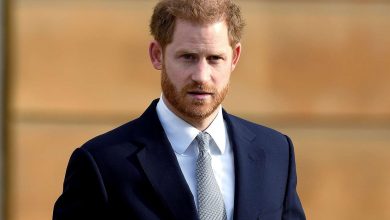Could Prince William be ‘The Prince of Whales’ no more?
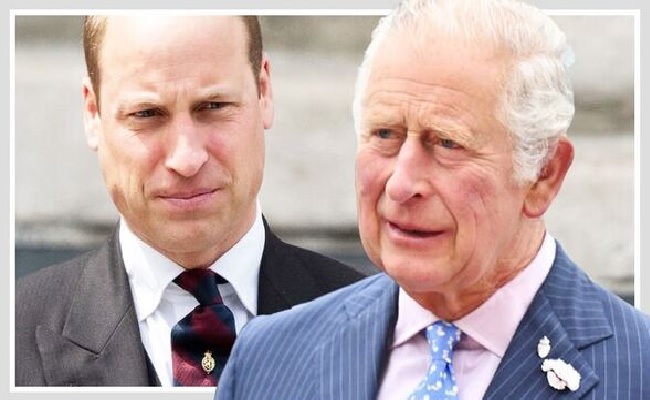
Trystan Gruffyd, a Welshman from Pontypridd, didn’t anticipate much interest in his petition to “End ‘Prince of Wales’ title out of respect for Wales” on Change.org. There could be a few signatures from loved ones who saw it on Facebook and expressed their support. After the new King Charles III, who had been in charge of Wales since 1958, gave the petition to his son William, he quickly listed it. The petition received more than 36,000 signatures after two weeks.
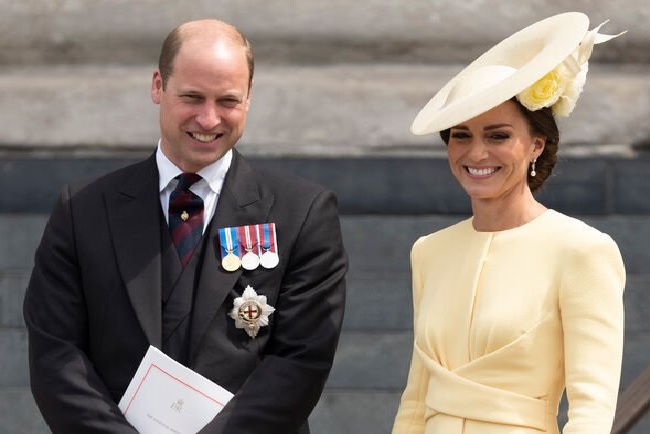
Gruffyd thinks his effort has started a national discussion about the place the title of Prince of Wales occupies despite the fact that the number represents only 1% of Wales’ total population. “Simply, I think it undermines Wales and its status as a country. It undermines devolution, Wales’ national parliament that wasn’t even notified about the decision [to pass the title on],” he told Express.co.uk. “A lot of people have come to understand the symbolism and what this title might mean for Wales since the Queen passed away, and they now understand the power it still holds.”
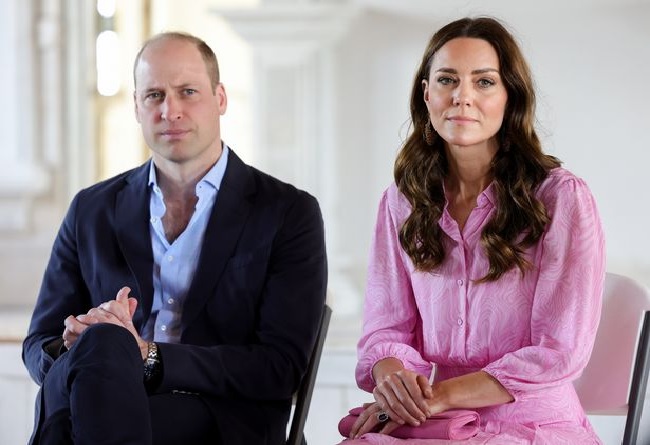
This week, William and Kate paid their first trip to Wales as a married couple. After being married in 2011, they first made Anglesey, in the country’s north, their first home. From there, they traveled to Swansea, in the south. They encountered throngs of people at each spot who wanted to speak to them and take their picture. According to the laws of hereditary monarchy, Prince George, the son of William, will eventually reclaim the title of Prince of Wales. He will do the same for his child, and so forth. The significance of these titles, what they signify, and whether they still have a place in contemporary society are all being questioned in the wake of the Queen’s passing and the watershed moment it signifies.
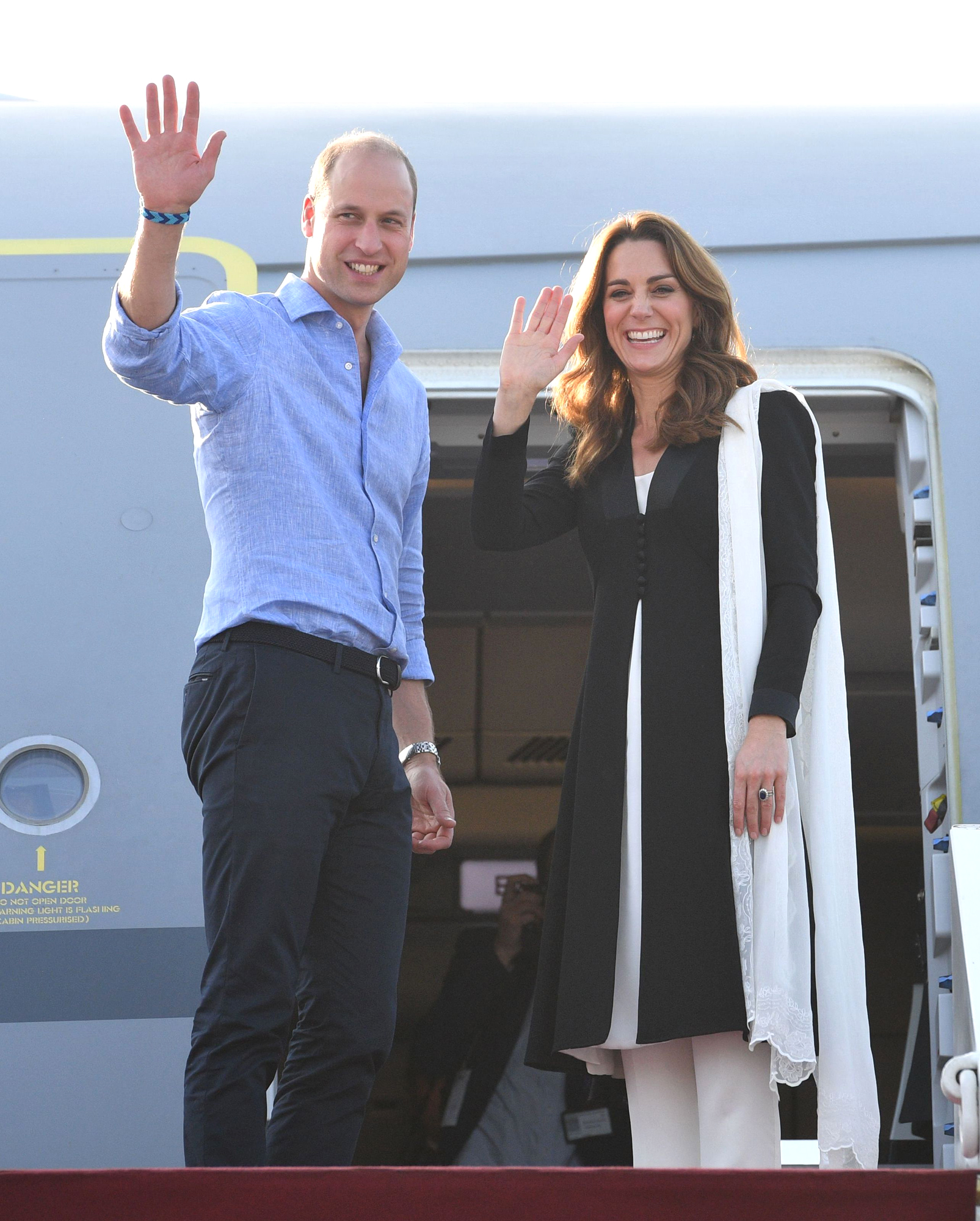
Could Prince William and Kate Middleton renounce their titles?
In a phone conversation with Welsh First Minister Mark Drakeford after acquiring the title, Prince William expressed his deep love for Wales and its people while promising to serve them with “humility and great respect.” Drakeford gave William a warm welcome, although his remarks before to the phone call, when the title was discussed, suggested a slight sense of frustration. He stated that he “hadn’t heard anything about it before the new King mentioned it” in an interview with Radio Cymru.
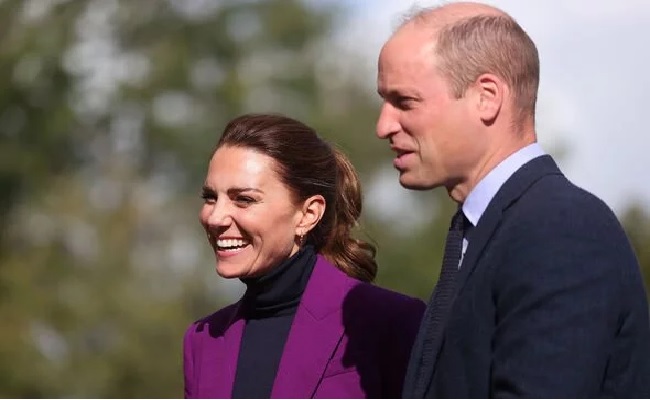
A similar complaint is heard on the streets of Cardiff: Some individuals protested to Express.co.uk that they were not asked if they wanted William to be their new prince. The incident has reopened a country-wide wound that was previously believed to have closed. Since hundreds of years, the legitimacy of the Wales title has not been contested with such vehemence. A day spent in Cardiff, Wales, while Kate and William were touring Anglesey and Swansea, revealed a variety of viewpoints on the new Prince of Wales and the Royal Family.
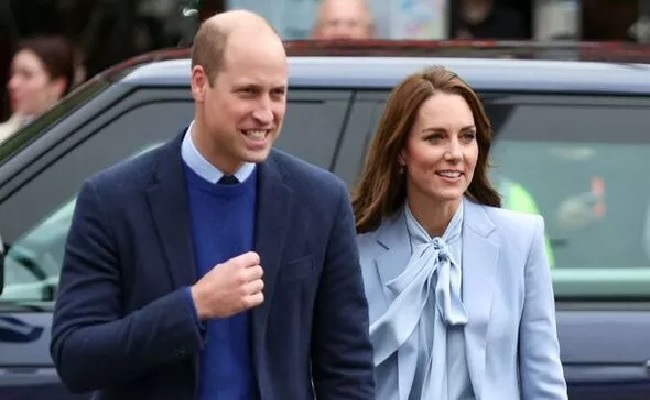
Prior to the 12th century, members of the numerous Welsh royal families carried the title of Prince of Wales. Gruffud ap Cynan, also known as the King of Wales, was its first occupant. England was in the midst of a state of change when the title was being passed down. A new dynasty of royals from what is now northern France arrived with the Norman conquest, placing the nation under foreign rule. They moved their attention east, where the last holdouts of a Celtic tradition held out, in search of more territory.
By the time Llywelyn ap Gruffydd was crowned Prince of Wales in 1264, several Norman offensive campaigns against Wales had been unsuccessful. Dafydd was disemboweled and made to watch as his internal organs were burned after being carried through the streets of the town by a horse. He was the first known person to die via hanging. The Welsh prince tradition came to an end, and Wales lost its freedom. Since that time, 700 years ago, a foreign royal has held the title of Prince of Wales.


